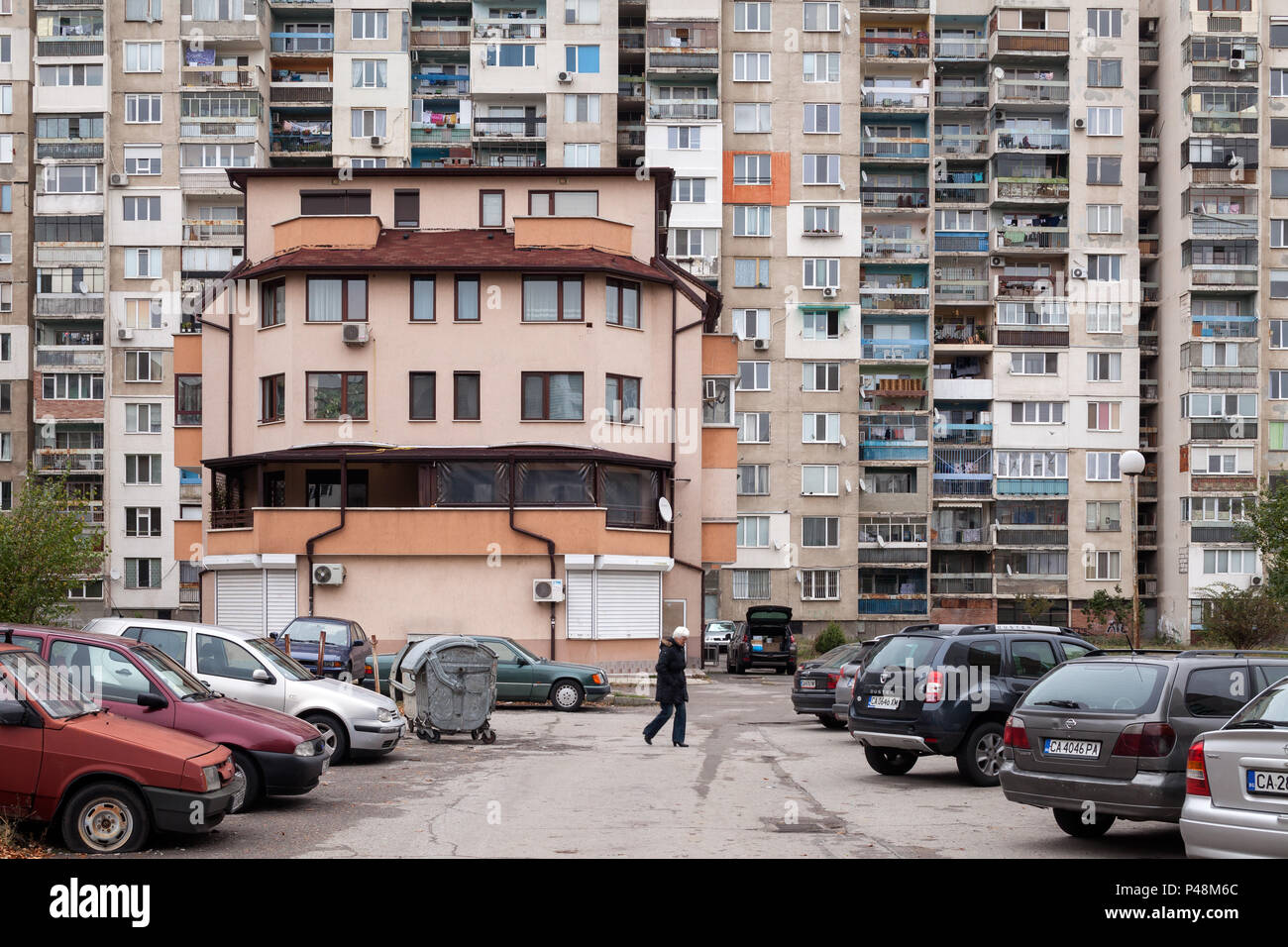Housing Development in Bulgaria

The document titled “Housing Development in Bulgaria: UNH Bulgaria OPRG PDR Analysis” provides an in-depth analysis of the housing and urban development policies in Bulgaria, particularly focusing on the effectiveness of the Operational Program for Regional Development (OPRG) as it relates to housing finance and urban regeneration. It evaluates the challenges faced by low-income households in accessing adequate housing and offers recommendations for improving housing policies.
Background
Bulgaria has undergone significant changes in its housing landscape since the transition from a centrally planned economy to a market-oriented system. The country faces a considerable housing deficit, exacerbated by economic challenges and rapid urbanization. Many low-income families struggle to access affordable and adequate housing, often resorting to informal settlements or substandard living conditions.
Objectives of the Analysis
The primary aim of the analysis is to assess the impact of the OPRG on housing finance and urban development. It seeks to identify gaps in current policies and propose actionable recommendations to enhance access to housing for vulnerable populations. The analysis also emphasizes the importance of aligning housing policies with broader urban development goals.
Key Findings
1. Housing Affordability and Access
The report highlights that a significant portion of the Bulgarian population, particularly low-income households, faces challenges in affording adequate housing. Approximately 83% of families cannot afford suitable living conditions, leading to an increased reliance on informal rental markets. The lack of affordable financing options further exacerbates this issue.
2. Ineffective Implementation of Policies
While the OPRG aims to promote housing development and improve living conditions, its implementation has faced several obstacles:
- Bureaucratic Inefficiencies: Complex administrative processes hinder timely access to funding and resources for housing projects.
- Limited Outreach: Many low-income families are unaware of available subsidies and support programs, limiting their ability to benefit from existing initiatives.
3. Urban Regeneration Challenges
The report identifies urban regeneration as a critical component of improving housing conditions. However, many regeneration projects have not adequately addressed the needs of vulnerable populations. Often, these projects prioritize economic returns over social equity, leading to displacement and gentrification.
4. Lack of Coordination Among Stakeholders
Effective housing policy requires collaboration among various stakeholders, including government agencies, local authorities, non-governmental organizations (NGOs), and community groups. The analysis finds that insufficient coordination often results in fragmented efforts that fail to address the comprehensive needs of communities.
Recommendations
To enhance the effectiveness of housing policies in Bulgaria, the document proposes several recommendations:
1. Strengthening Housing Finance Mechanisms
Improving access to affordable financing is crucial for low-income households. This can be achieved by:
- Developing Innovative Financial Products: Creating tailored financial solutions such as microloans or rental assistance programs can help bridge the gap for families struggling to afford housing.
- Enhancing Subsidy Programs: Expanding existing subsidy programs and ensuring they are well-publicized can increase awareness and accessibility for eligible families.
2. Improving Policy Implementation
Streamlining administrative processes can facilitate quicker access to resources for housing projects. Simplifying application procedures and reducing bureaucratic hurdles can enhance efficiency.
3. Promoting Community Engagement
Engaging local communities in the planning and implementation of housing projects ensures that developments meet their specific needs. Community participation fosters a sense of ownership and responsibility among residents.
4. Fostering Interagency Collaboration
Establishing clear communication channels among government agencies, NGOs, and community organizations can lead to more coordinated efforts in addressing housing challenges. Collaborative approaches can leverage resources effectively and ensure comprehensive solutions.
5. Monitoring and Evaluation
Implementing robust monitoring and evaluation frameworks is essential for assessing the impact of housing policies over time. Regular assessments can identify successful initiatives while highlighting areas needing improvement.
Conclusion
The “Housing Development in Bulgaria: UNH Bulgaria OPRG PDR Analysis” underscores the urgent need for effective housing development policies that prioritize accessibility and affordability for low-income households in Bulgaria. By addressing bureaucratic inefficiencies, enhancing financial mechanisms, promoting community engagement, and fostering interagency collaboration, Bulgaria can work towards creating a more equitable housing landscape that meets the needs of all citizens. The insights provided in this analysis emphasize the importance of aligning housing strategies with broader urban development goals to achieve sustainable improvements in living conditions across the country.

Further reading: Housing Finance Strategy for Bulgaria Working Paper
[PDF] THE REPUBLIC OF BULGARIA SEVENTH NATIONAL REPORT ОN … iaea
[PDF] Bulgaria – Country Health Profile 2019 – OECD oecd
